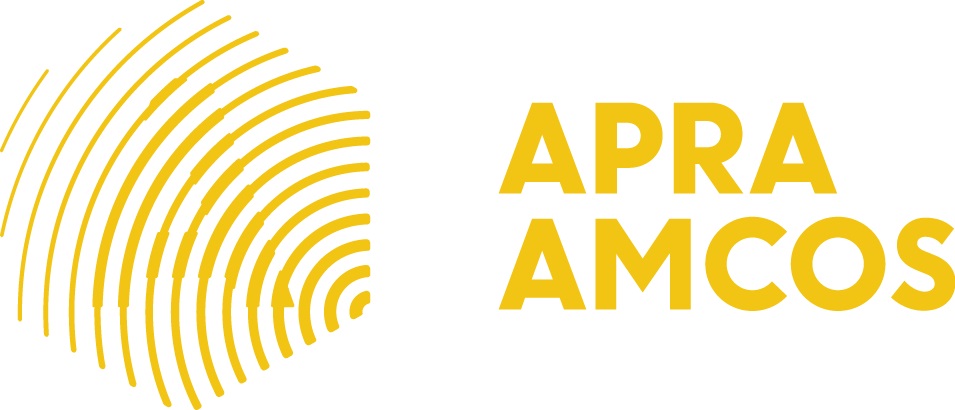APRA’s Richard Mallett talks Facebook content deal: ‘we hope to see some real significant benefit to our songwriters’

Facebook, a social media titan with a reputation for taking, sharing and not giving back, has been busy of late building bridges with its own, big music plans in mind.
On Wednesday, APRA AMCOS announced it had completed an agreement that will see its songwriters, composers and music publishers remunerated for the use of their works on the social media giant’s various, global platforms.
The deal is touted as a “landmark” one where the society’s members and affiliates in Australia, New Zealand and around the world earn money each time their music appears in videos approved for use across Facebook, Instagram, Oculus and Messenger.

APRA AMCOS
Dean Ormston, APRA AMCOS Chief Executive, welcomed the arrangement which will see creative content “fairly remunerated” and “provides the Australian and New Zealand public with peace of mind that music rights holders will be compensated for the use of their works on Facebook.”
Clearly, Facebook is no longer the elephant in the board room. Universal Music Group, the world’s biggest music company, was the first to strike a deal with Facebook. Sony/ATV, Warner Music Group, Merlin and others have since signed up. All of this comes as Facebook and Instagram roll out new features, with music at its core.
Video is already a big hit on Facebook. In November 2015, Facebook hit 8 billion average daily video views, double the figure reported just seven months earlier. The following year, FB founder Mark Zuckerberg revealed the platform’s users watched an average of 100 million hours of video on the platform every day, though it has, until now, struggled to monetize that traffic.
TIO caught up with Richard Mallet, Head of Revenue at APRA AMCOS, for a closer look at the deal.

APRA AMCOS head of revenue Richard Mallett
How long did it take to get this over the line?
In the overall scheme of things, with the size of these deals, and they’re important, it was quite quick. Both sides approached it with good grace. Facebook weren’t just having discussions with us, they were talking with record companies and publishers around the world. Our license, though it’s important for Australia, forms just one part of the jigsaw (puzzle) of licenses that Facebook need to get in place.
Is the deal effective immediately?
Yes it is.
The statement says APRA will work to develop its rights reporting system, which suggests it’s not up and running.
There’s a difference for us between the effective agreement and how the reporting works. We thought it was important to get the agreement in place, as did Facebook. We didn’t want the tail wagging the dog, so to speak. They’re working with all the players around the world to get a robust and accurate reporting system for the use of music across their platforms.
What does this mean for music creators at a financial level?
In terms of our deal, its confidential, but the right way to look at this is that Facebook is securing deals on a worldwide basis and I think what they want to do — we’ve seen some of the announcements recently with Instagram — is it wants to increase its presence in the music space. What you see at the moment is likely not what you’re going to be seeing in the future. The agreement gives them the scope and flexibility to help make Facebook a more important player in the music space.
It’s that two-way street. It’s going to be important for our members here, on the basis that their primary exposure is going to be in the Australian marketplace, but we shouldn’t think about this as just an Australian enterprise. Facebook is globally massive. Our members can benefit from the deals put in place overseas as well when their music is used in other countries. Our policy is to encourage and find ways for people to use music legally, and this is what this (deal) does. On that basis, we’re really keen for it to be in place and we hope to see some real significant benefit to our songwriters down the track.
In the end, it’s up to Facebook to work out how they will use music on their platform. This gives them the flexibility. I would imagine over the ensuing months and couple of years, we’re going to see changes in the way that Facebook looks, vis-a-vis, the presence of music on the videos.
This article originally appeared on The Industry Observer, which is now part of The Music Network.






























